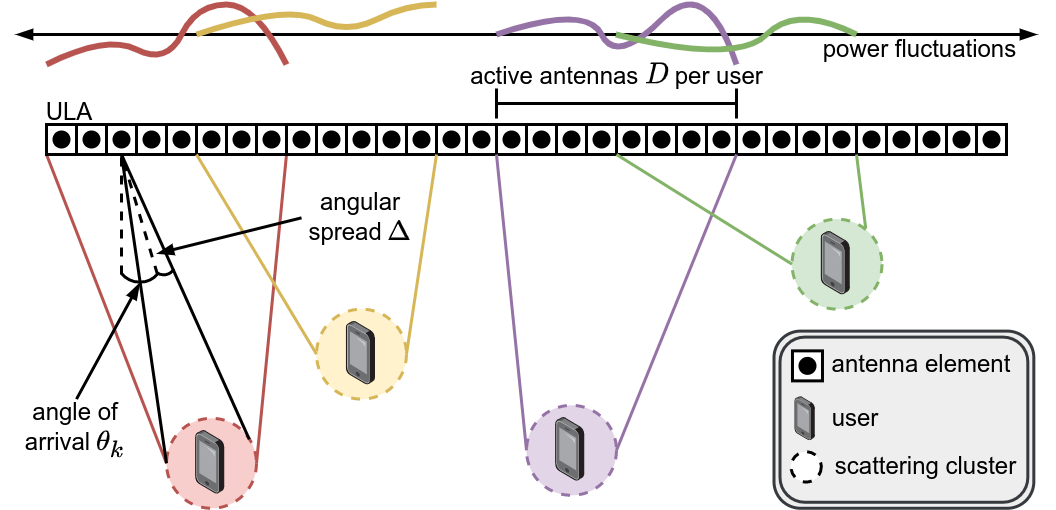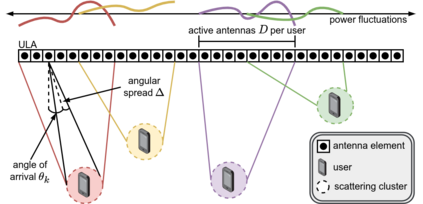Recent interest has been cast on accelerated versions of the randomized Kaczmarz (RK) algorithm due to the increase in applications that consider sparse linear systems. In particular, considering the context of massive multiple-input-multiple-output (M-MIMO) communication systems, a low complexity naive RK-based receiver has recently been proposed. This method can take advantage of non-stationarities emerging from extra-large M-MIMO systems, but it performs poorly on highly spatially correlated channels. To address this problem, in this paper, we propose a new class of accelerated RK-based receiver designs, where convergence acceleration is based on the residual information. However, we show that the cost of obtaining this knowledge on an iteration basis is not worth it due to the lousy convergence effects caused by system and channel parameters. Inspired by this observation, we further propose a RK-based receiver with sampling without replacement, referred to as RK-RZF. This simple technique is more effective in performing signal detection under reduced complexity. Future works suggest advantage of RK-based receivers to improve current 5G commercial systems and solve the problem of signal detection in other paradigms beyond 5G.
翻译:最近,由于考虑到偏僻线性系统的应用增加,对随机的Kaczmarz(RK)算法的加速版本产生了兴趣,特别是考虑到大量多投入-多输出(M-MIMO)通信系统的背景,最近提出了一种低复杂性的天性天文接收器。这种方法可以利用超大型M-MIMO系统产生的非静止性,但在高度空间相关渠道上表现不佳。为了解决这一问题,我们在本文件中提出了一种新的基于RK的加速接收器设计类别,该类别是根据剩余信息加速聚合的。然而,我们表明,由于系统和频道参数造成的糟糕的趋同效应,在迭代基础上获得这种知识的成本不值得。我们根据这一观察,进一步建议一个基于RK的接收器,在不受替代的情况下进行取样,称为RK-RZF。这一简单技术在比较复杂的情况下进行信号探测比较有效。未来工程表明,基于RK的接收器在改进目前的5G商业系统并在其他5G模式之外解决信号探测问题。




